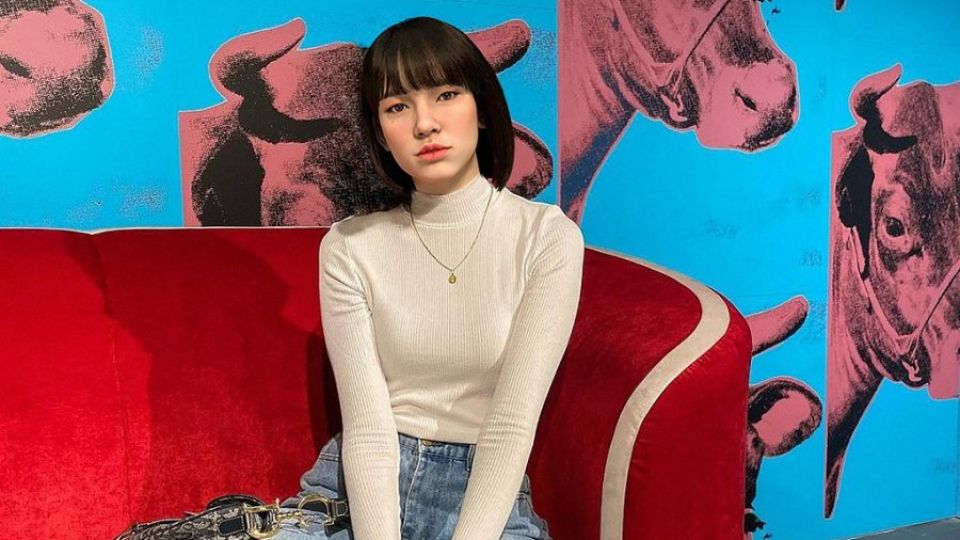June 13, 2023
JAKARTA – As companies and the general public use artificial intelligence (AI) more and more, players in the creative industry have kept a generally optimistic outlook as they see the new technology more as a tool instead of a threat.
Beyond AI’s machine-learning inclusion from tech to finance industries, its recent progress has also given rise to more sophisticated and refined models, like voice-converting software that mimic other people’s vocals or the language processing chatbot ChatGPT.
“In my previous job [at a branding agency], there was a recent project for a TikTok script and caption, and the agency preferred to use AI for one particular brand instead of a copywriter,” Bandung-based creative copywriter Nadya Khoyron told The Jakarta Post on Saturday.
“But then they resorted to using a writer because they eventually did need one,” she added.
Nadya shared that she had seen a similar mindset in many employers and non-writers. But upon her experience, it is better to equip the writers themselves with AI for better end results.
“I still believe that human creativity is better than AI. AI does help, but not all of their results can match the human touch in writing,” she said.
Freelance illustrator Husnunnisa “Nunu” also shared the same sentiment.
“Back in the day, digital art was also deemed to ‘threaten’ traditional art, yet it didn’t [happen],” Nunu told the Post on Saturday.
AI-generated art has often taken the internet by storm lately. For example, a whole movie trailer for Star Wars was generated in the style of filmmaker Wes Anderson by an AI art bot Midjourney, garnering over 2 million views and dividing users’ opinions.
But Nunu believes that AI’s inclusion in art can help the artists, like looking for different styles and references for one’s art.
“When tech grows, you need to grow as well. Of course, it’s hard to keep up with the pace, but that is what you need to do to survive,” the 23-year-old said.
In the music industry, more AI software is used to generate other people’s voices for an artist’s song, like the viral so-called President Joko “Jokowi” Widodo singing a cover of Soegi Bornean’s pop hit “Asmalibrasi”.
It can even AI-generate fake vocals on a new song, like the viral hip-hop song “Heart on My Sleeve,” produced by TikTok user ghostwriter977 but with the voice similar to that of pop singers Drake and The Weeknd. It racked up 600,000 streams on Spotify and millions on other streaming services before being taken down by Universal Music Group (UMG).
“The disruption has already started. The cat’s out of the bag. So, the challenge for artists is staying one step ahead to protect their rights and continue to create in ways that can’t be replicated by a computer program,” music writer Hasief Ardiasyah said.
Jakarta-based rock band Alpha Mortal Foxtrot also does not take an adverse stance against the use of AI, particularly by up-and-coming artists.
“It’s much easier for us to embrace this era perhaps due to [the band’s] diverse background in start-ups, legal and event-organizing consultants. If AI makes your life easier when writing lyrics, for example, then go for it,” the band said in a statement to the Post on Saturday.
Eventually, the listeners’ perspective will also be a driving factor. The band believes listeners always have the ability to sense when something is artificial or “lacking originality.”
The hardest part, for now, is regulating it, they said.
“Claiming copyright for AI-generated work would be challenging and may lead to other legal issues due to lack of regulations on this aspect,” the band added.


